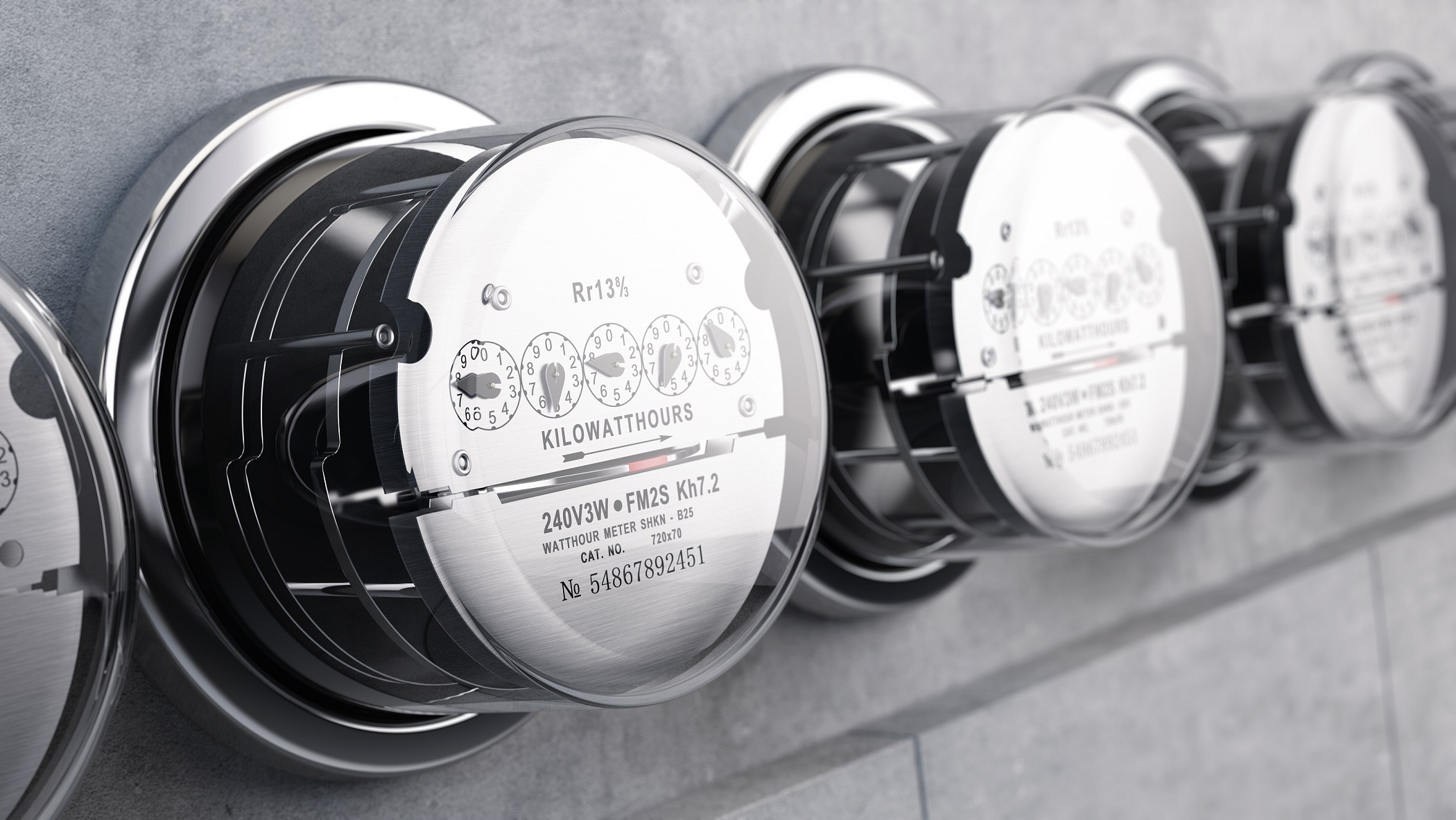Demand Side Management of Major Power Consumers through Remote Control
Strategies to reduce the national carbon footprint
National Load Management is important for any utility to ensure uninterrupted electricity supply at optimum cost. This is achieved by restricting the demand for electrical power by consumers and improving load patterns to enhance the national load factor. The electrical demand for different users can be reduced by implementing various proven Demand Side Management (DSM) strategies. These strategies can be implemented and coordinated by utilities to modulate the national load from a centralized location through a remote control. Under a project funded by the Ministry of Electricity and Water (MEW), KISR has designed, developed, installed, and tested a pilot system to implement remote DSM. In this project, several DSM schemes were implemented in different types of buildings, and reductions in peak power demand and daily energy consumption were achieved and quantified. Reflecting the savings of this project on the national level during the summer season, about 1,000 MW of peak power demand can be realized. This amount of savings is equivalent to KD 500 million towards the cost of new power generation and distribution equipment, a reduction of KD 140,000/day of MEW summer season fuel bill, and the mitigation of 7,000 tons/day of CO2 emissions.

